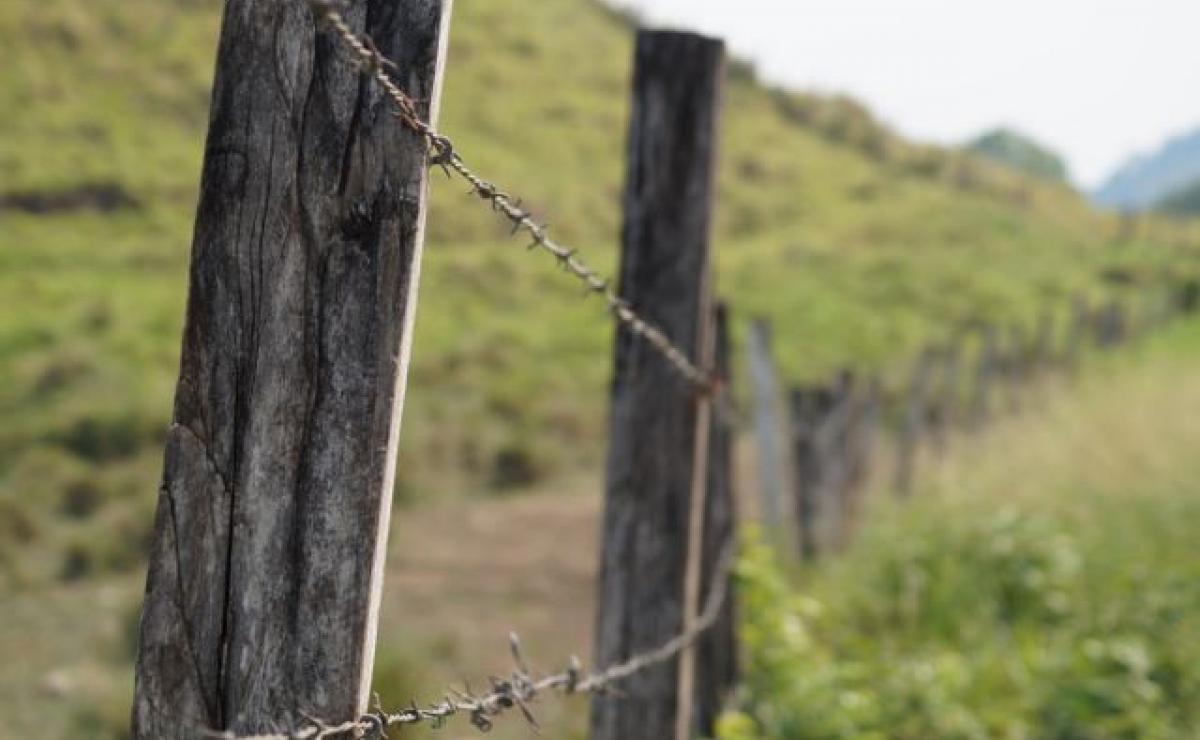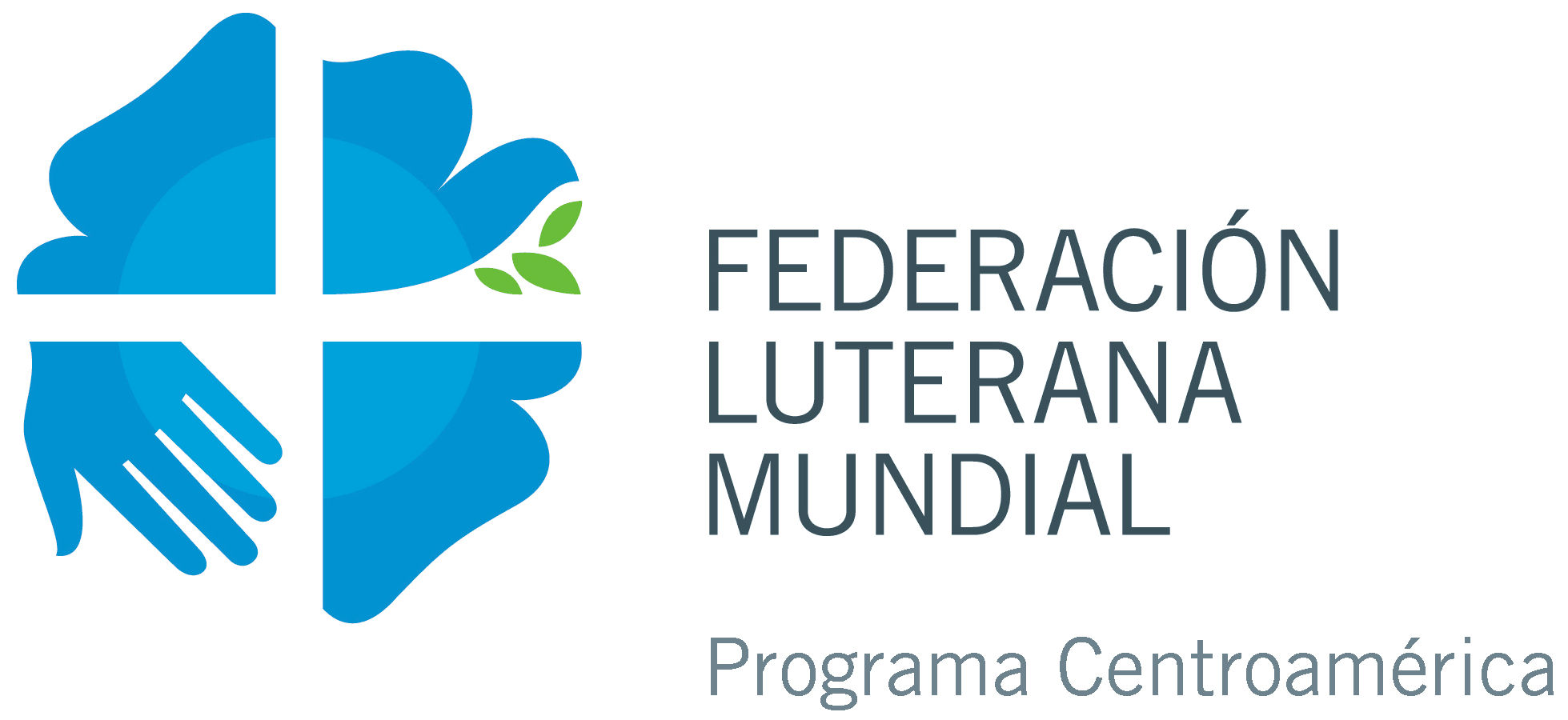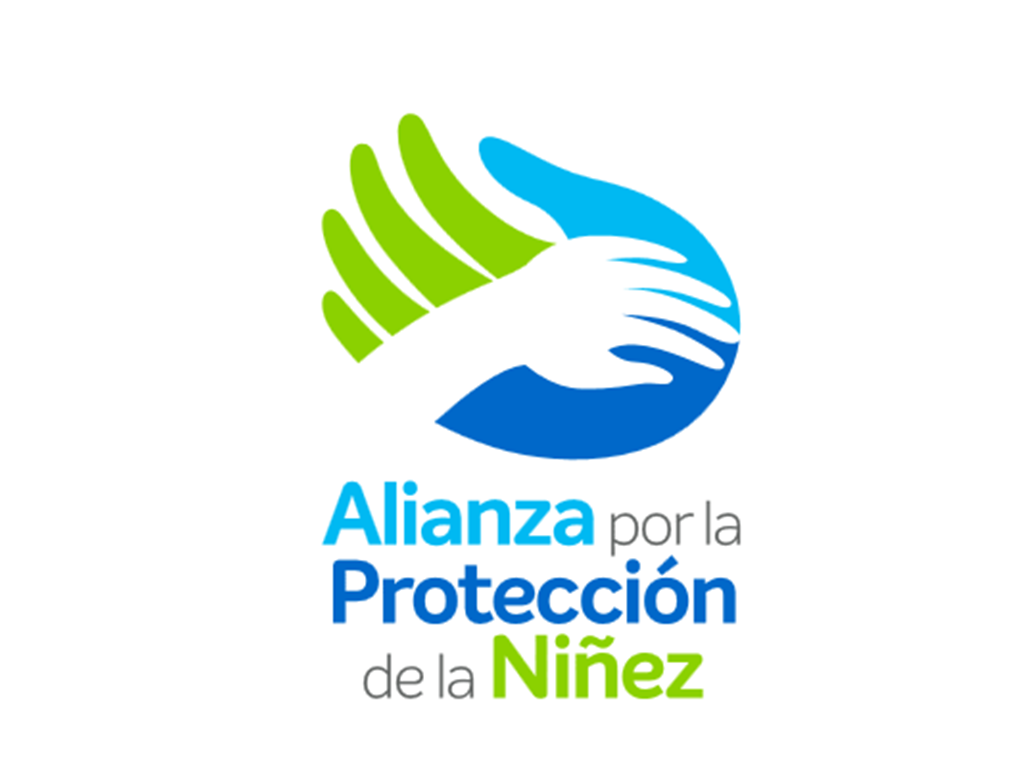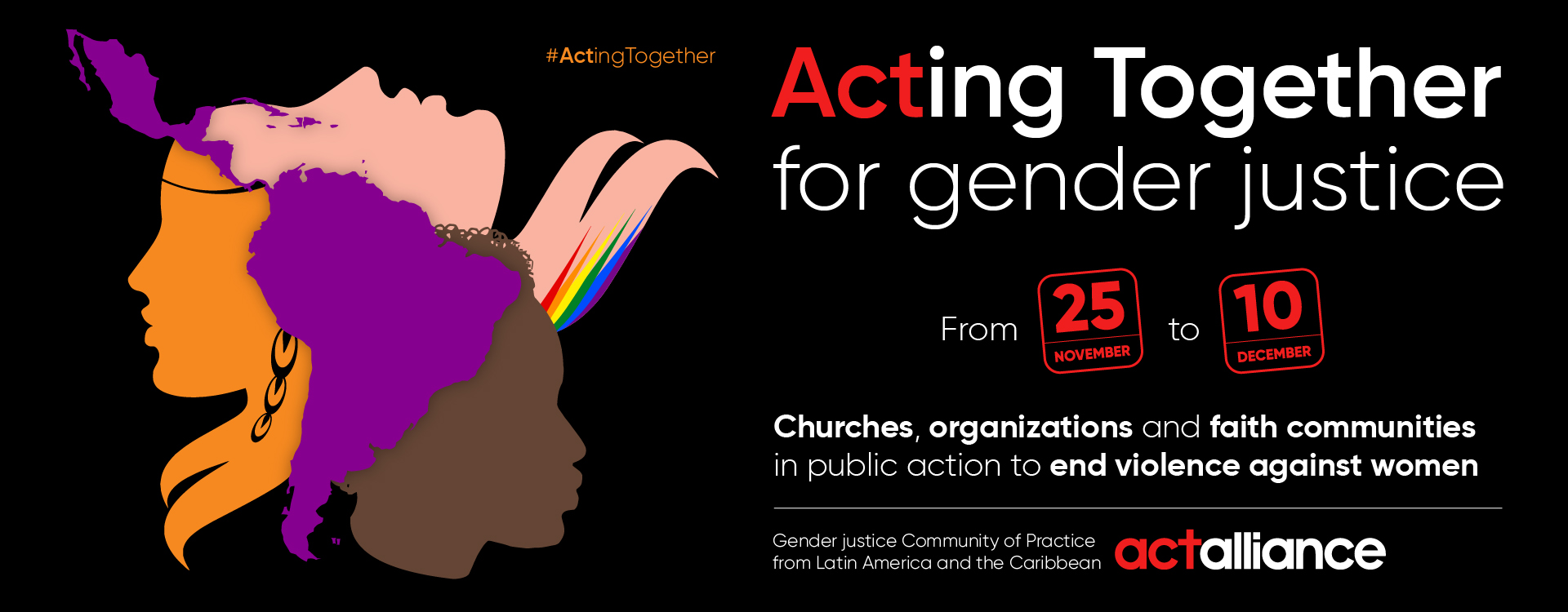Violence also reaches the defenders of the most vulnerable communities

The Central American region is an area with high levels of conflict. The violence, insecurity and organized crime are problems that the citizens deal with on a daily basis. Due to this the Global Peace index classifies Central America as an area with high levels of unrest.
This document analyses 162 countries globally. According to the Measuring table where 1 is the best place and 162 the worst place, El Salvador is in 123th place, Guatemala in 118th, Honduras in 116th and Nicaragua is in 75th place.
The violence is a phenomenon that not only affects the perpetrators of criminal acts, but also the defenders of the most vulnerable communities; especially in Honduras and Guatemala. Therefore, the criminalization is a threat to the defenders in the region.
To protest is a recognized right by the Constitution of these countries and by the universal, international and regional Human Rights treaties. The same is implicit in the freedom of thought, conscience and religion (art. 18), the freedom of opinion and expression (art. 19), and the freedom for peaceful gatherings and meetings (art. 20), and all of the Universal Declaration of Human Rights; according to the latest report on Human Rights and Conflict in Central America. Thus, these provisions impose on the States to respect the right to dissent and to publicly claim for their rights. No one can reasonably maintain that freedom of assembly is only recognized to demonstrate complacency. However, criminal acts against human rights defenders are a reality in these countries.
The murder of Berta Caceres, indigenous leader and defender of indigenous communities’ rights against transnationals in Honduras, exposed the disregard for rights that defenders of human rights have to deal with. It is notable that she was beneficiary of precautionary measures of the Inter-American Commission on Human Rights (CIDH).
According to the Association for Participatory Citizenship (ACIP) in Honduras, the majority of these violations are in impunity. Twenty seven people who were defenders of human and land rights were murdered between November 2015 and October 2016.
According to the Unit for the Protection of Human Rights Defenders and Defenders (UDEFEGUA) In Guatemala, there were 493 criminal acts against defenders in 2015 and 223 in 2016. Although there was a reduction in comparison, there is still a grave problem having an average of 20 criminal acts per month. At the beginning of 2017 the local community was shaken by the murder of 72 year old Sebastián Alonzo Juan. The act happened January 17 during a peaceful demonstration in San Mateo Ixtatán, Huehuetenango; in which the people where expressing their discontent against the hydroelectric projects Pojom I and II, San Andrés led by Generadora del Rio S.A, Generadora San Mateo S.A., Generadora San Andrés, of the enterprise Promoción y Desarrollo Hídrico S.A (PDHSA).
After the murder, the Lutheran World Federation/Global Service/Central America Program (LWF/GS/CA), issued a pronouncement condemning the assassination, asking for justice and respect for the freedom of the communities to peacefully demonstrate and to be able to decide over their lands and livelihoods. This pronouncement was disseminated by the Lutheran World Federation in Geneva. General Secretary Martín Junge expressed his support for the communities in Guatemala and the entire region.
In the same way, the Lutheran World Federation´s pastors; including the Lutheran church in Guatemala, expressed their support and asked for justice for this and the entire criminal cases against human rights defenders. After the pronouncement and in the same spirit, Foro ACT-Guatemala; to which the LWF is part of, issued a pronouncement that was replicated by ACT-UE. This level of advocacy initiated by the (LWF/GS/CA) and continued by ACT-Alianza had an effect in the European Parliament; which resulted in a pronouncement by the delegates after becoming aware of these facts in these countries.
Again, in February 2017 there was a resurgence of social tension and criminal acts against Human Rights defenders. Without previous notice from the police, there was a fourth eviction attempt of 30 families with more than 80 children in the community of Nueva Libertad in the municipality of Cobán, Alta Verapaz. Crops and homes were destroyed during the incident. The eviction process was stopped with the help of a neighboring community. In spite of the ongoing negotiations for several months with the authorities in order to resolve the fight for their land, the problem continues without reaching a solution.
There was a high level mission by the International Commission of Jurists (ICJ) in Guatemala in February 20 through 24 to analyze the situation that lawyers who act as human rights defenders go through. This under the framework of actions that is taken place in different countries to support strengthening processes for the Rule of Law and Respect for Human Rights.
After the analysis there was a pronouncement by the ICJ that includes conclusions and recommendations. Among them, it figures the difficult and complex context of the “post war”. Although, there have been efforts to build a Rule of Law State which has as final goal the common well being and social interest, it is contrasted by the implementation of neoliberals policies.
In the same manner, they vocalized their concern for the lawyers who fulfill their function in a difficult and complex context of grave impunity, new persecution phenomena’s such as the criminal acts against their function geared toward community leaders, women, human rights defenders, public officials and other people who defend and contribute to the strengthening of the Rule of Law State.
In this scenario where the defenders in the Central American region, especially in Honduras and Guatemala, do their job risking their lives, is the reason that the LWF/GS/CA is committed to continue advocating, supporting and highlighting the problem so that the governments act justly.




